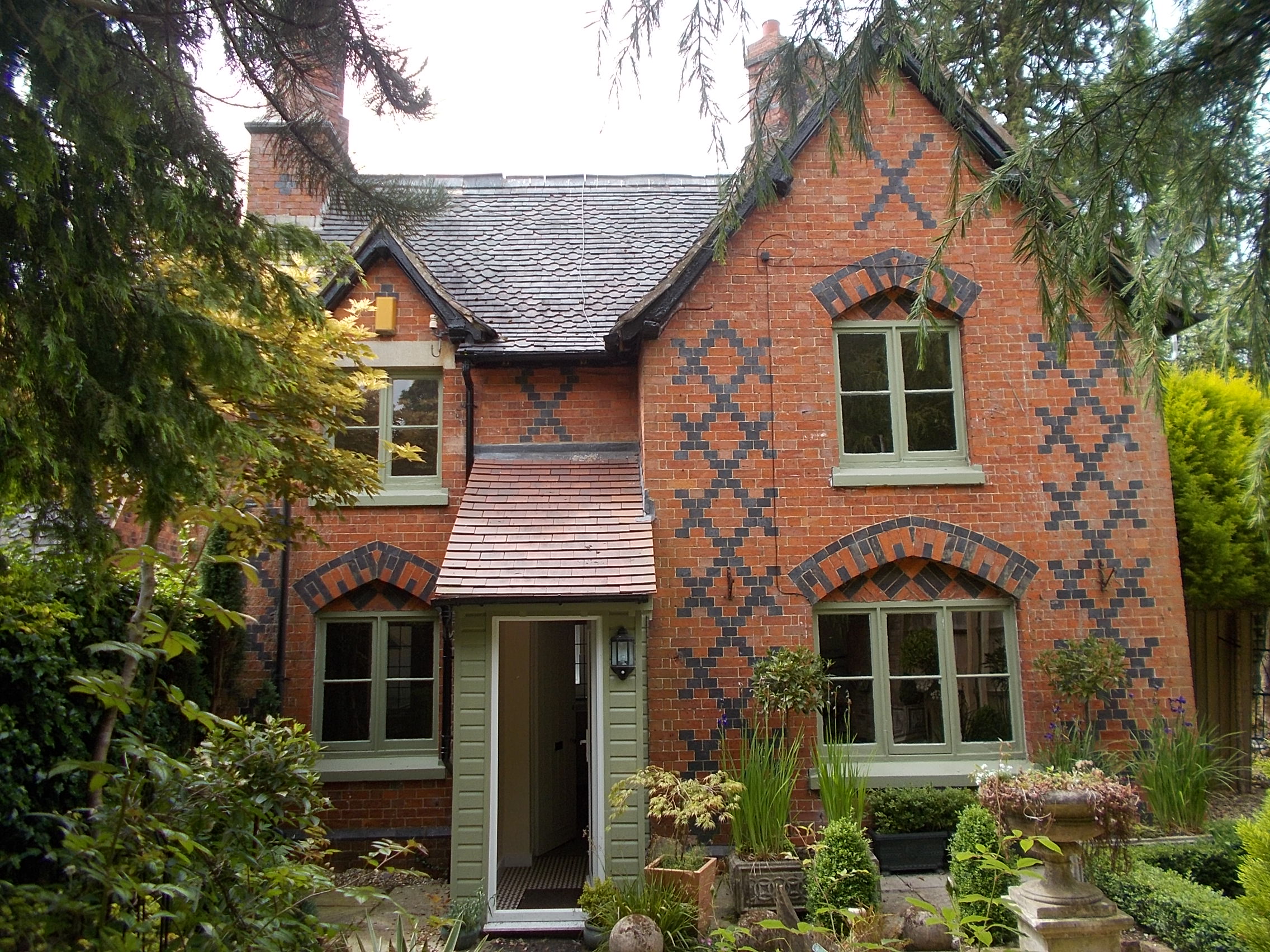


House price inflation reached an eleven-month high and supply reaches data series low, according to the June 2015 Residential Market Survey.
House price growth increased again in June, pointing to renewed acceleration in house price inflation during the second half of the year, according to the latest RICS UK Residential Market Survey.
While the average stock of homes per surveyor fell to a record low (data series began in 1978), demand edged upwards for the second successive month, despite the more cautious attitude of lenders.
One reason for the slight recovery in buyer enquiries is likely to have been a further drop in mortgage rates which is accompanying the ongoing strength of the labour market. The West Midlands and London saw the strongest increase in potential buyers during the month.
Significantly, 41% more surveyors expect house prices to rise over the next three months, which is the highest proportion since April 2014 and 36% more surveyors expect sales to increase despite the broadly flat trend in newly agreed sales.
Across the rental sector, the demand and supply imbalance is also visible and landlord instructions, which have been broadly unchanged for the past couple of years and show no signs of a material increase, are at growing odds with the rising demand that is putting further upward pressure on rents.
Although much of the discussion about supply shortages has focused on the owner-occupier market, the latest RICS Residential Market Survey demonstrates in no uncertain terms that the issue, at least at a headline level, is just as visible in the rental sector. This is most clearly reflected in both the house price and rental projections over the medium term which comfortably exceeds the likely growth in wages.
There had been some hope that the removal of political uncertainty following the general election would encourage more properties onto the market but the initial indications are that this is not happening. Additionally, the recent flat pattern of appraisals by respondents to the survey suggests this is not about to change anytime soon. As a result, it is hardly surprising that prices across much of the country are continuing to be squeezed higher with property set to become ever more unaffordable.